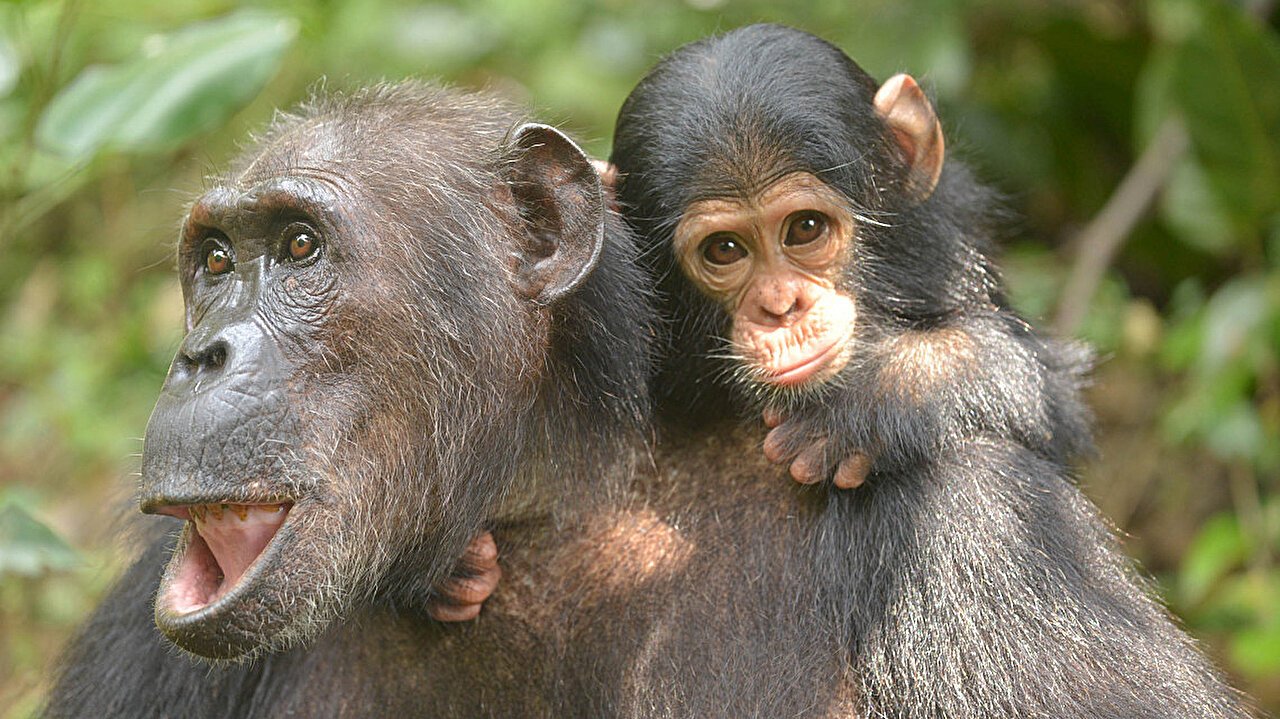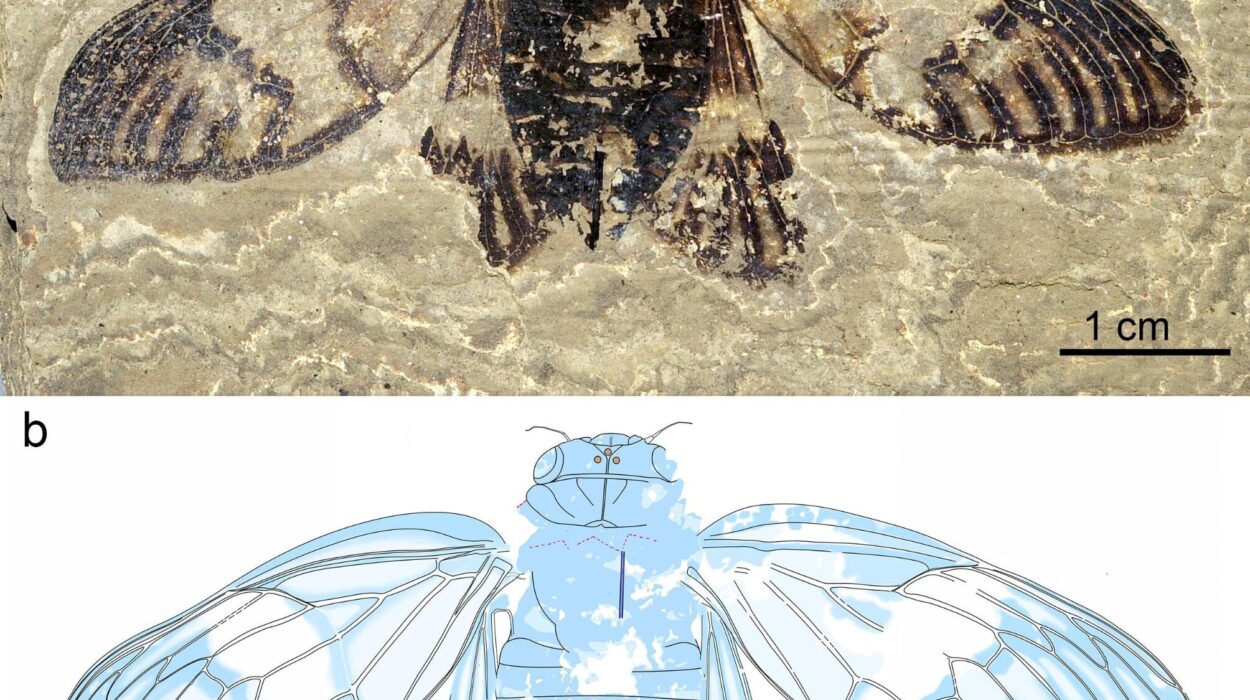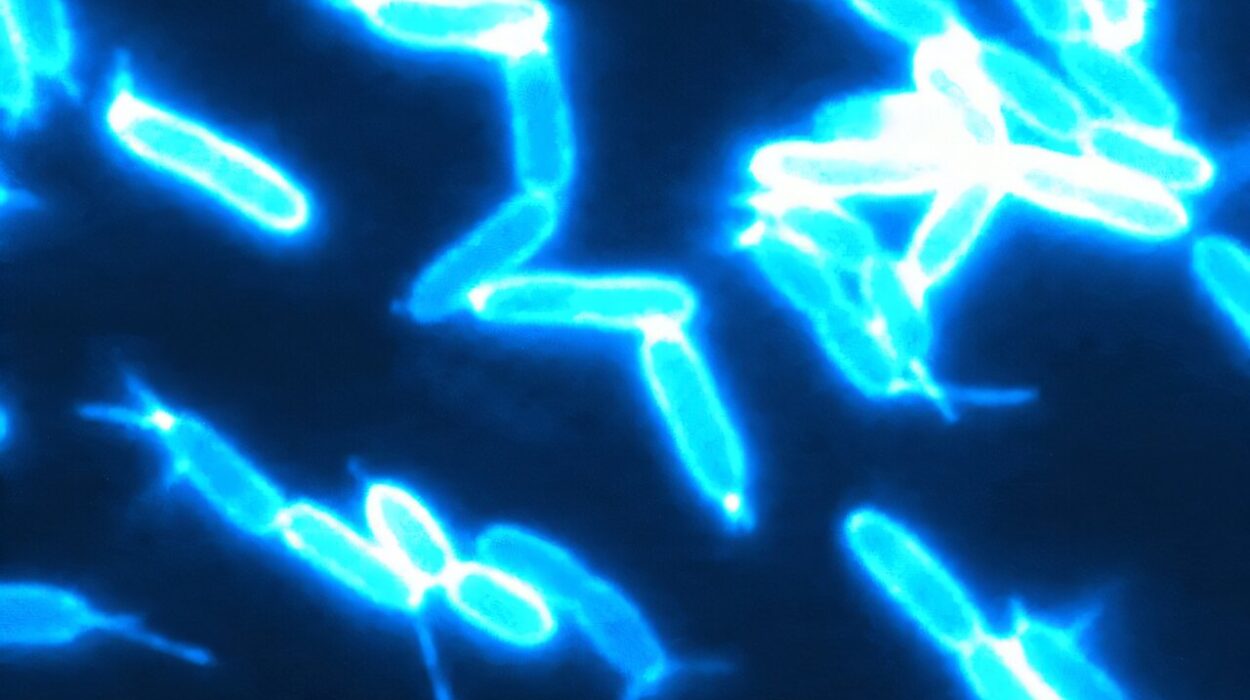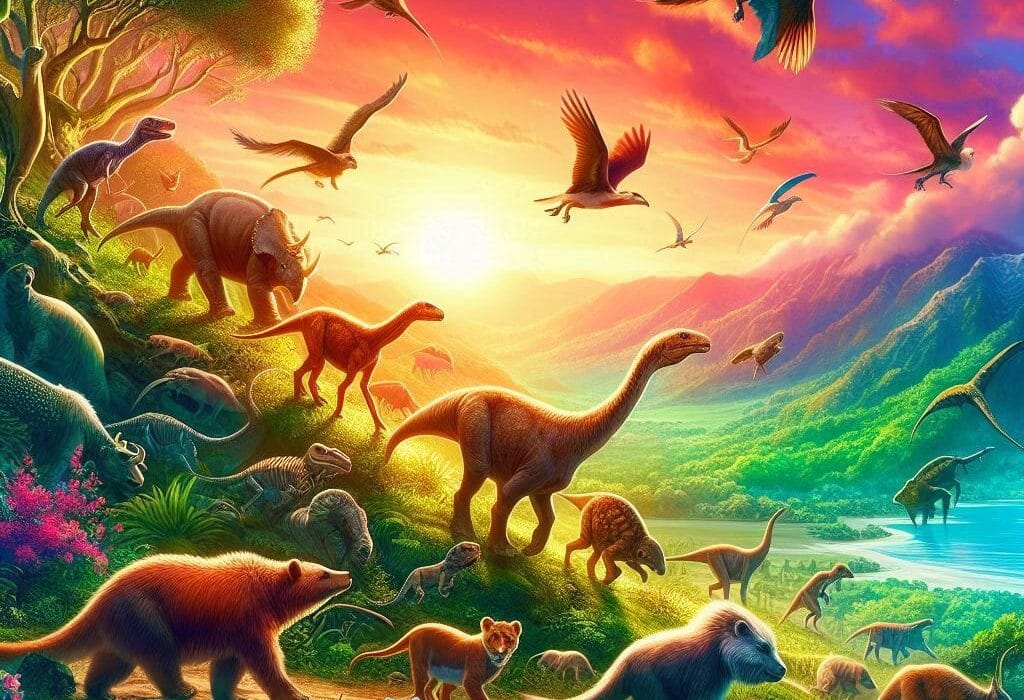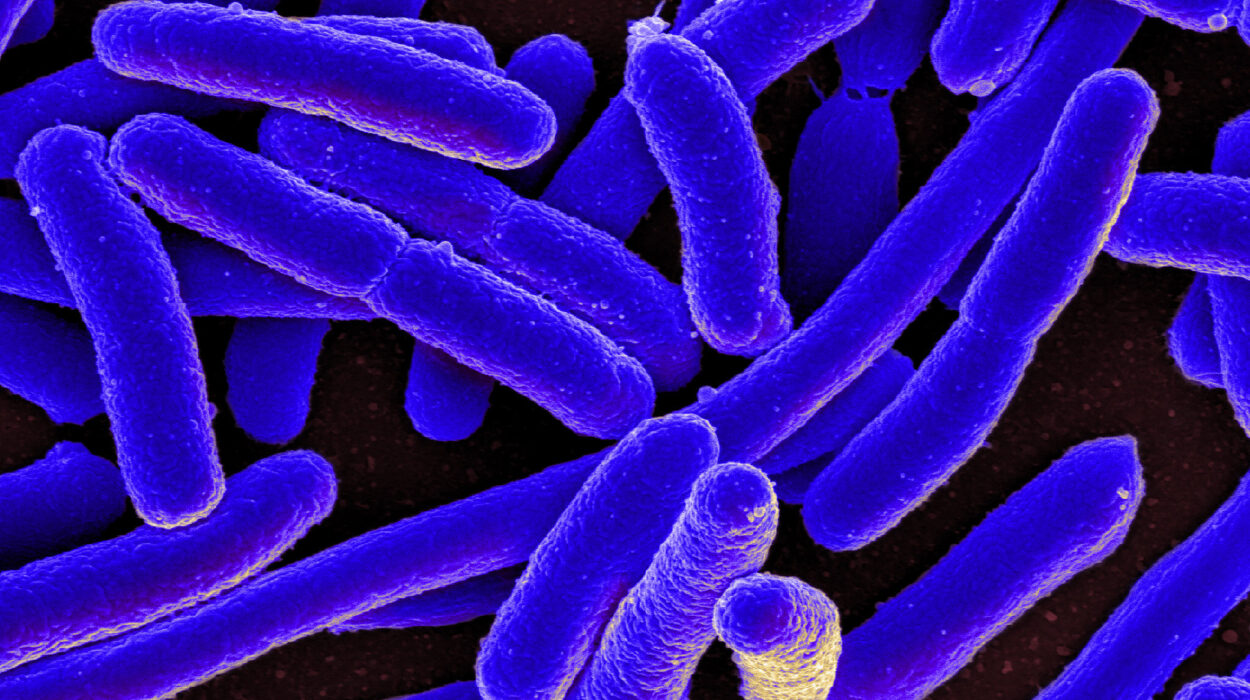In the shaded canopy of Tanzania’s Gombe National Park, where vines tangle and sunlight dances across the forest floor, a quiet truth about survival is coming into focus—one rooted not in strength or dominance, but in the subtle, enduring power of friendship.
A new study, published in iScience, reveals that for wild eastern chimpanzees (Pan troglodytes schweinfurthii), strong social connections among females can spell the difference between life and death—not just for them, but for their babies too. The findings are a striking reminder that social bonds, even among non-relatives, can be a critical lifeline in the animal kingdom.
And they might just offer insight into our own evolutionary story.
Motherhood in the Wild: No Family, No Guarantees
Unlike humans, female chimpanzees typically leave their birth groups once they reach maturity. This means that when it’s time to raise their own young, they often do so far from sisters or mothers—without the safety net of close kin. In many other social species, kin networks are a backbone of survival. But here, in Gombe’s tangled wild, a mother is often on her own.
Except—she’s not really alone. Not if she’s social.
The research, led by Joseph Feldblum of Duke University, followed 37 chimpanzee mothers and 110 of their infants over more than three decades of meticulous observation. The question was simple: Do chimp moms who form friendships with other females have a better shot at keeping their babies alive?
The answer, it turns out, is a resounding yes.
The Strength of Social Ties
The study looked at how often female chimpanzees spent time near one another or engaged in grooming—intimate, trust-building behaviors that knit chimp communities together. By focusing on these interactions in the year before a female gave birth, the researchers avoided a common trap: confusing cause and effect.
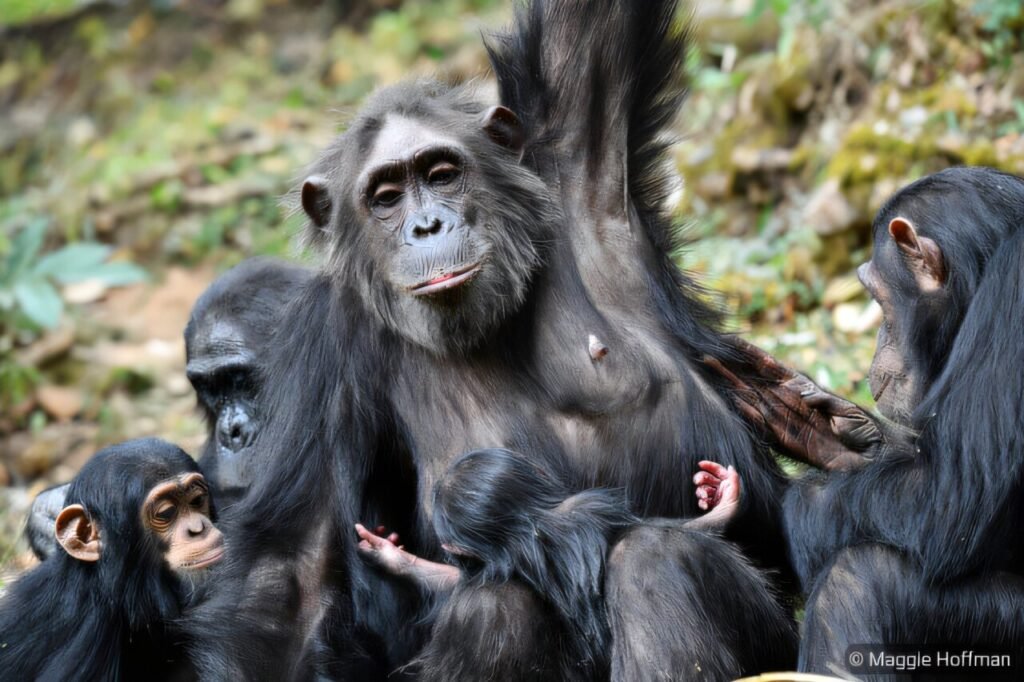
The results were powerful. A chimpanzee mother with a sociality score twice the community average had a 95% chance her infant would survive the first year—the most perilous in a young chimp’s life. For mothers who were less connected, that probability dropped to 75%. The protective power of friendship didn’t vanish after infancy; it persisted through age five, roughly the age of weaning.
And it wasn’t family ties that made the difference.
“Female chimps don’t typically have mothers or sisters around,” said Feldblum. “The benefit doesn’t come from having relatives nearby. It comes from having relationships—with other females, regardless of kinship.”
The researchers even tested whether friendships with males—potential protectors—had the same effect. They didn’t. It was the female-to-female social bonds that stood out.
What Makes a Friendship Protective?
The mechanism behind this survival boost isn’t yet clear, but several possibilities are in play.
More socially connected females might face less harassment from others. They may have more help defending food or fending off aggression. Their strong social networks could deter infanticide, a real threat in chimp communities. Or perhaps being connected simply helps a mother stay well-fed and less stressed—two crucial factors for healthy pregnancies and strong, resilient infants.
“These social ties might mean better access to resources or just a more stable environment,” Feldblum explained. “And that can mean everything for a newborn.”
Crucially, the friendships weren’t fleeting. The mothers who were social before birth remained social after, suggesting these were genuine, long-term relationships—not momentary alliances formed for convenience.
Lessons From Our Closest Relatives
Chimpanzees are our closest living relatives, sharing nearly 99% of our DNA. And the behaviors they exhibit often mirror, in raw and unfiltered form, our own social instincts. In that mirror, this study reflects something profoundly human.
“We humans are remarkably cooperative,” Feldblum said. “Even when we’re far from home—when we’ve moved cities, left family behind—we’re still capable of building strong, supportive networks. That’s a deep part of who we are.”
The chimpanzees of Gombe show that this capacity for friendship beyond kin, for forming bonds that protect and nurture, didn’t arise overnight. It has ancient roots. It’s a part of the survival strategy our species may have inherited from a long line of social ancestors.
And it’s not just about protection. It’s about resilience, shared experience, and the emotional scaffolding that helps mothers—and their young—navigate the chaos of life.
A Story That Resonates Beyond the Forest
In a world where solitary survival is rare, the chimpanzees of Gombe remind us that social connection isn’t a luxury. It’s not a soft science. It’s a powerful, even life-saving force.
Whether it’s a grooming partner on the forest floor or a friend at a coffee shop, the bonds we build matter.
They keep us going. They carry us through. And sometimes, they save us.
Reference: Joseph T. Feldblum et al, Socially integrated female chimpanzees have lower offspring mortality, iScience (2025). DOI: 10.1016/j.isci.2025.112863
